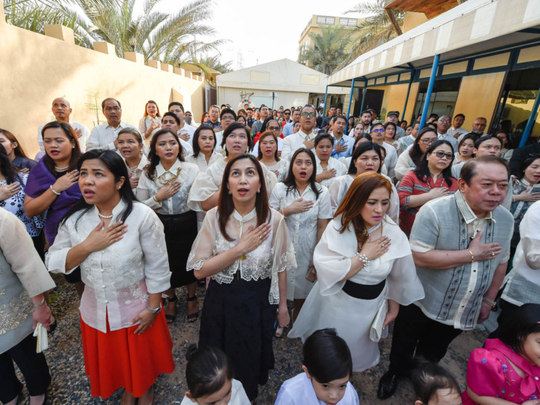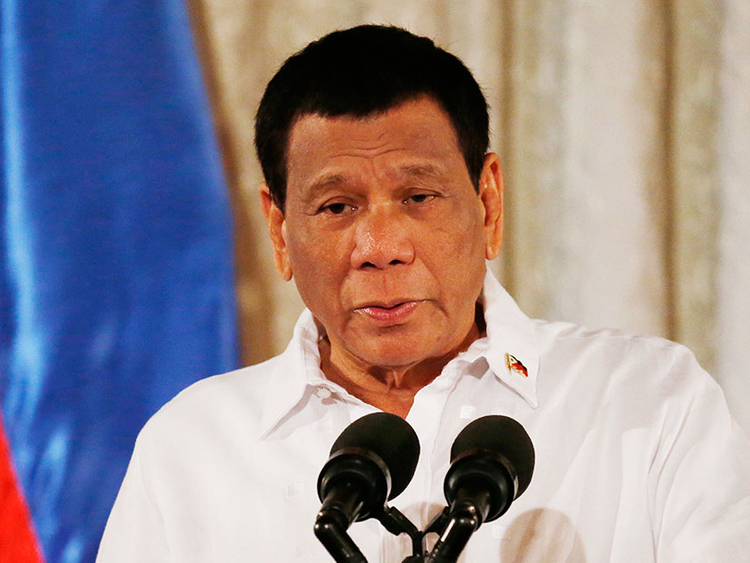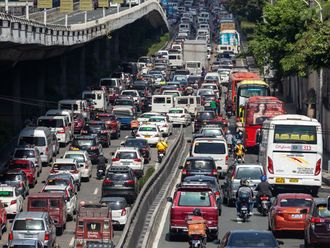
Manila: A measure that will guarantee free and equal access to quality health care to Filipinos was passed in the nation’s Senate recently.
Senate Bill 1896, or the Universal Health Care for all Filipinos Act, aims to provide access to “affordable” health services for more than 100 million Filipinos including those working overseas.
The measure was pending for months in the Senate but last September, President Rodrigo Duterte certified its passage into law as “urgent.”
Senator Joseph Victor “JV” Ejercito, chair of the Senate Committee on Health and Demography and the sponsor of the bill, hailed the passage of the measure.
“This bill will ensure that financial issues will no longer be a burden to our countrymen when it comes to health care,” Ejercito said in his sponsorship speech.
The bill mandates that all Filipino citizens will automatically be enrolled in Philippine Health Insurance Corporation (PhilHealth) whether they are classified as “direct contributor (those who have the capacity to pay premiums)” or “indirect contributor (those sponsored by the government like the indigents, senior citizens, among others).”
The passage of the bill into law would expand the PhilHealth coverage to include free consultation fees, laboratory tests and other diagnostic services.
Overseas Filipino workers (OFWs) will also automatically be included in the PhilHealth cover.
Improving parameters
A similar measure on Universal Health care was already approved in the House of Representatives as early as last year. According to Ejercito, most Filipinos would only consult a doctor only when their illnesses were already at their worst, because of the high cost of consultations and laboratory tests.
The measure also calls for the improvement of doctor-to-patient ratio, upgrading of hospital bed capacities and equipment as well as establishing more hospitals in remote areas.
According to the Department of Health (DOH), the doctor-to-patient ratio is currently at 1 is to 33,000, while bed-to-population ratio was at 1 is to 1,121.
Senator Risa Hontiveros also lauded the passage of the bill.
“The measure is a giant leap forward in closing the gap between the rich and poor on the access and delivery of quality and affordable health services in the country,” she said.
The seeds towards achieving Universal Health Care was planted during the administration of former President Benigno Aquino III.
It was during Aquino’s administration that the Philippines embraced one of the UN Millennium Development Goal, which is achieving “Universal Health Care for All (UHC).”
“To attain UHC, three strategic thrusts are to be pursued, namely: 1) Financial risk protection through expansion in enrolment and benefit delivery of the National Health Insurance Programme (NHIP); 2) Improved access to quality hospitals and health care facilities; and 3) Attainment of health-related Millennium Development Goals (MDGs),” said the Department of Health.
The bill will also require all government scholars who took up of life science courses to render at least three year service in public hospitals.













